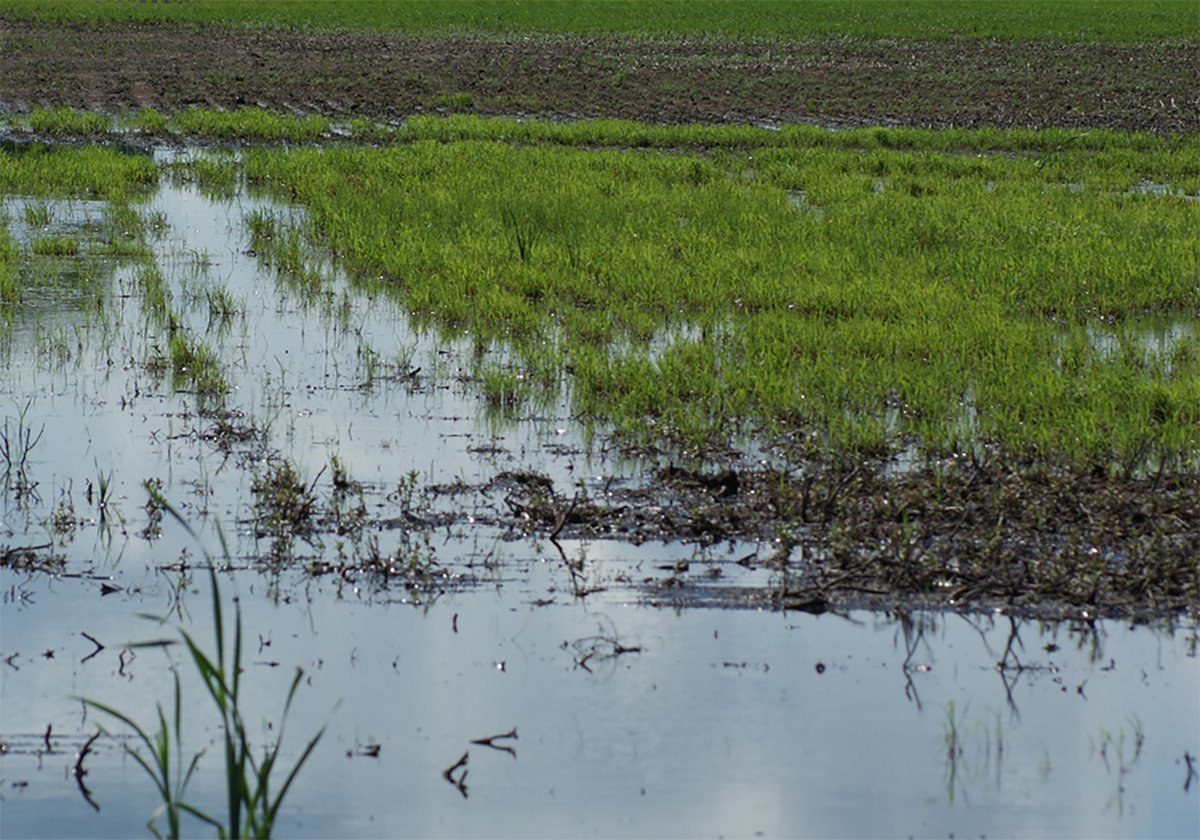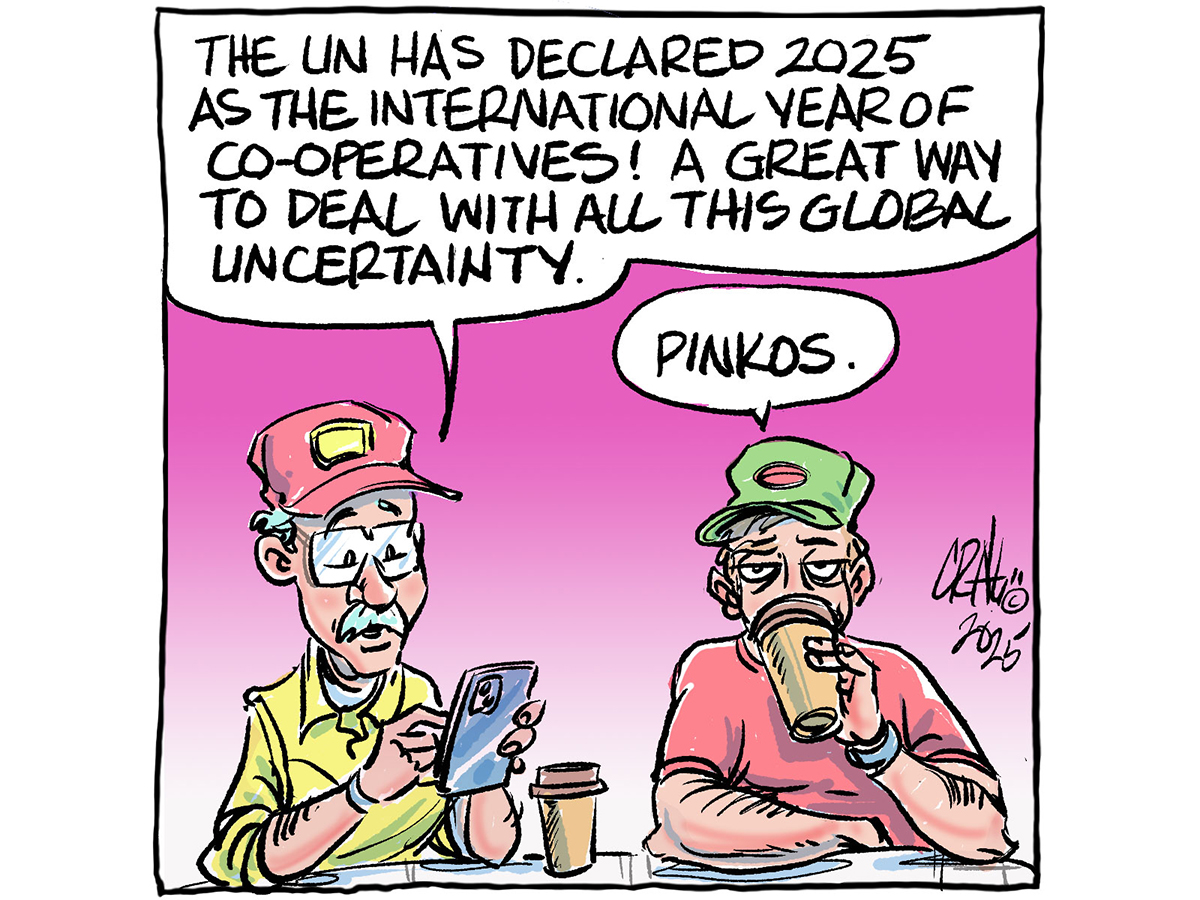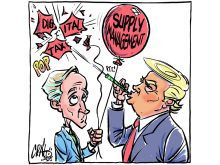By now, most of us have accepted the fact that the world order when it comes to trade and geopolitics has been turned on its head.
Most of this is thanks to U.S. president Donald Trump and his erratic obsession with tariffs, although strained relations with some of our major trading partners, such as China and India, haven’t helped matters.
Regardless of the cause, Canada is facing turbulent times, and much has been said about the need for unity, co-operation and collaboration in the face of these headwinds.
Read Also

Topsy-turvy precipitation this year challenges crop predictions
Rainfall can vary dramatically over a short distance. Precipitation maps can’t catch all the deviations, but they do provide a broad perspective.
This can be achieved on a variety of fronts, whether it be federal-provincial relations, business-labour negotiations or public-private partnerships.
However, there is another golden opportunity for working together in this country, and that’s the co-operative movement.
Co-operatives are alive and well, and it goes far beyond the Co-op gas station or the local credit union.
There are countless examples of businesses set up by a group of like-minded people to achieve a particular goal, whether that be to sell the products they produce or to bring internet service to their communities.
According to Innovation, Science and Economic Development Canada, 5,616 active non-financial co-operatives operated in Canada in 2022, holding $50.5 billion in total assets, employing 102,038 people and paying $2.86 billion in salaries and wages.
This is a powerful business model, one that could possibly offer solutions to our current geopolitical and trade challenges.
We’re not talking about anything as ambitious as bringing back the wheat pools, but what if there was a way to harness this co-operative spirit to help us better weather the economic storms blowing in from the south?
First of all, it must be said that we need to reject the old-fashioned thinking found in some circles that the co-operative movement is associated with communism or socialism.
In actual fact, co-operatives are small “c” capitalism, driven by a group of neighbours or entrepreneurs attempting to achieve a particular business or social goal.
A co-op’s power comes not only from its unity but also from its broadened knowledge base. More knowledgeable owners working together bring a better understanding of the business that is being conducted.
When using this model to help face the challenges at hand, the first step is to better support the movement and encourage its growth.
A private member’s motion in the House of Commons that included a commitment to create an environment in which co-operatives can continue to thrive received unanimous support in 2017.
Consultations with provincial and territorial governments, Indigenous communities and the co-operative sector resulted in recommendations for how this could be accomplished, but unfortunately, many of them weren’t acted upon. Maybe it’s time to dust them off and put them to work.
We also need to take a look, as a country, at whether the co-operative business model can be expanded on a larger national scale as we look for ways to counter the threats we face.
We’re not talking about large government-mandated initiatives. We’re talking about exploring how the co-operative business model might be harnessed to provide solutions.
We don’t know what that might look like, but the debate is worth having.
The United Nations has declared 2025 the International Year of Co-operatives, making it an ideal time to explore what more this powerful business model might have to offer.
Karen Briere, Bruce Dyck, Robin Booker, Paul Yanko and Laura Rance collaborate in the writing of Western Producer editorials.















